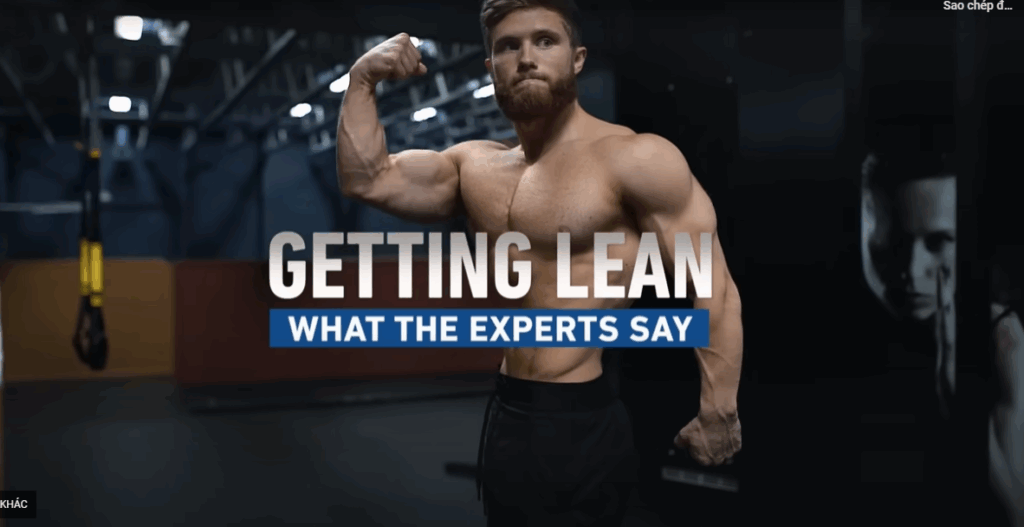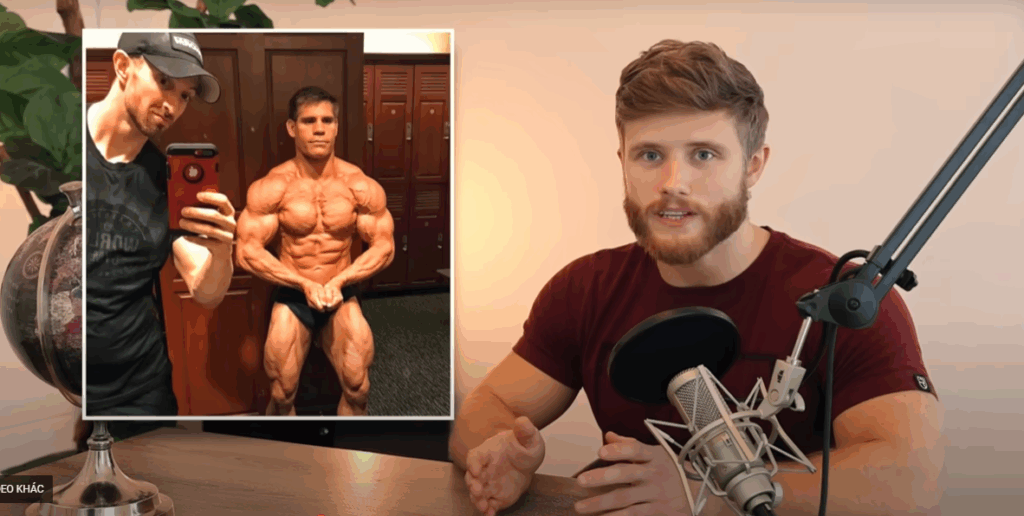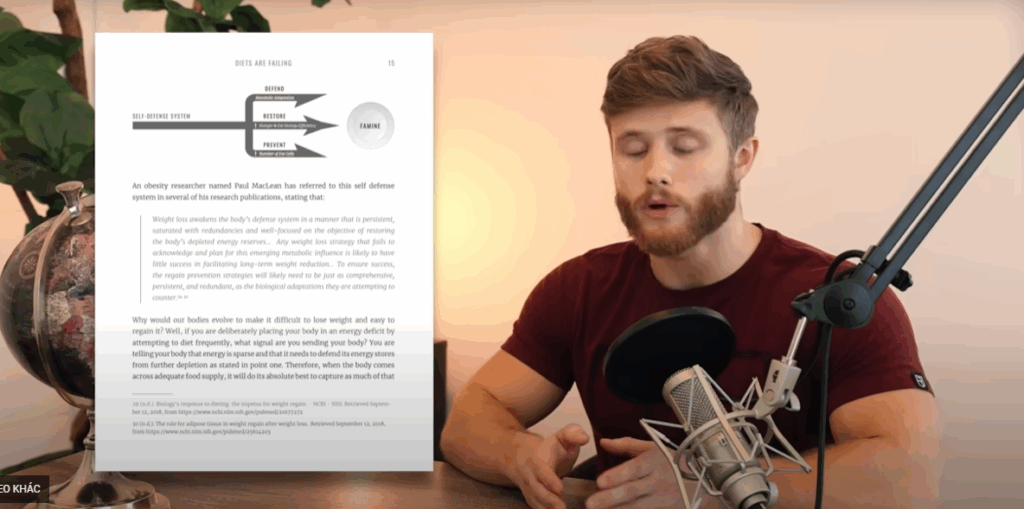The Science of Fat Loss: Proven Strategies From Leading Experts
When it comes to losing body fat, confusion often overshadows clarity. Dozens of diets, endless supplements, and conflicting advice flood the fitness world. But what actually works? To cut through the noise, we turn to a collection of evidence-based insights from respected professionals in nutrition, exercise science, and physique coaching. This article brings together some of the most practical and scientifically sound principles for fat loss that are both effective and sustainable.

Fat Loss Starts With an Energy Deficit
At the foundation of all fat loss strategies is a simple concept: consuming fewer calories than your body burns. According to Dr. Eric Helms, a researcher and physique coach, creating a caloric deficit is non-negotiable. While subtle body recomposition—gaining muscle and losing fat simultaneously—is possible under certain conditions, meaningful fat loss requires that your total energy intake be less than your expenditure.
However, just losing weight isn’t the goal. The real challenge lies in preserving lean muscle while reducing body fat. Dr. Helms outlines five key pillars to achieve this:
- Establish a Caloric Deficit – This is the baseline for any fat loss effort.
- Prioritize Resistance Training – Lifting weights helps preserve muscle tissue as your body sheds fat.
- Use a Sensible Rate of Fat Loss – Aiming to lose 0.5% to 1.5% of your body weight per week is ideal. Leaner individuals should target the lower end to minimize muscle loss.
- Consume Sufficient Protein – Around 2 grams per kilogram of body weight is a good benchmark. For those with high body fat, using your height in centimeters as a protein intake proxy often works well.
- Include Cardio Strategically – Cardiovascular training supports fat loss, but excessive cardio can interfere with muscle retention. Low-intensity sessions under 30 minutes daily and 1–2 HIIT sessions weekly are usually safe.
Choosing the Right Foods for Sustainable Progress
While total calories matter most, the type of food you eat can influence how easy or difficult your fat loss journey feels. Highly processed, calorie-dense foods often have a lower thermic effect (your body burns fewer calories digesting them) and are easier to overconsume. Dr. Helms suggests basing the majority of your meals on whole, nutrient-dense ingredients: think lean proteins, vegetables, fruits, and slow-digesting carbs.
But flexibility is also crucial. Completely eliminating favorite foods often backfires. Instead, allow room in your diet for occasional indulgences. This “adult card” approach, as Helms calls it, allows you to make intentional, guilt-free decisions rather than rebelling against overly strict rules.

Getting Beach Lean vs. Competition Ready
Cliff Wilson, one of the most respected coaches in natural bodybuilding, emphasizes that the journey from having visible abs to stepping on a competition stage is more about intensity and duration than drastically different methods. The same basic principles apply—maintain a calorie deficit, train consistently, and recover properly—but to reach elite levels of leanness, precision and consistency become non-negotiable.
Getting stage-ready often means dieting for several months with little margin for error. And while building more muscle in stubborn fat areas (like lower abs or love handles) can make those areas appear leaner, true spot reduction isn’t possible. Wilson notes that everyone stores fat differently based on genetics and hormones, but with enough time and adherence, those last few pockets of fat will eventually go.
Navigating Mental Roadblocks and Building Lasting Habits
Sustainable fat loss is about more than just calories—it’s also deeply psychological. Sohee Lee, a performance nutritionist with a background in behavioral science, sees many clients—particularly women—struggling with extreme diets and unsustainable plans.
Lee advises against jumping from one trendy plan to the next. Instead of cutting out entire food groups or overhauling your entire lifestyle overnight, start by identifying small, practical tweaks you can stick with. This reduces reliance on sheer willpower and helps create routines that run on autopilot.
She recommends “designing for laziness”—modifying your environment so that healthy choices are easier. For example, storing high-calorie snacks out of sight or out of reach can drastically reduce unintentional overeating. Similarly, limiting visual exposure to tempting treats at work can lead to major improvements in calorie control without conscious effort.

Why Most Diets Fail—and How to Keep the Weight Off
Dr. Layne Norton, a biochemist and coach with a long history of competitive lifting, highlights a harsh reality: most people who lose weight eventually regain it. However, those who succeed long-term tend to share a few common habits:
- Consistent Dietary Control – Whether through calorie counting, portion control, or fasting windows, successful maintainers find a system to regulate intake.
- Self-Monitoring – Regular weigh-ins provide feedback. It’s not about obsessing over daily fluctuations but about noticing trends.
- Frequent Exercise – Physical activity not only burns calories but also helps regulate hunger and improve metabolic health.
- Structured Plans – Programs, whether guided by professionals or DIY systems like Weight Watchers, improve adherence.
- Delayed Gratification – People who succeed value their long-term health and goals more than the short-term pleasure of food temptations.
After reaching your fat loss goal, you can gradually increase your calorie intake while maintaining your new weight—provided the healthy habits you’ve built remain in place.
Do Fat Burners Work?
Dr. Eric Trexler, a supplement researcher, explains that while many fat-burning supplements look promising on paper, most fail to deliver in practice. Some, like caffeine and yohimbine, can slightly increase energy expenditure, but they come with side effects and diminishing returns over time.
Other categories include fat-blocking or carb-blocking agents, hunger suppressants, and thermogenics. However, most are expensive, poorly regulated, or minimally effective. Instead, Dr. Trexler recommends sticking with supplements that support the process indirectly:
- Creatine – Helps maintain strength and muscle mass during a calorie deficit.
- Whey Protein – Makes it easier to hit daily protein targets.
- Fish Oil – Provides essential fatty acids, especially on low-fat diets.
- Multivitamins & Vitamin D – Cover potential nutrient gaps from reduced food intake.
Final Thoughts
Effective fat loss isn’t about magic foods, extreme restriction, or trendy workouts. It’s about understanding the science of energy balance, making informed food choices, training with purpose, and designing habits that make adherence easier—not harder.
Whether you’re looking to drop a few pounds for summer or get stage-shredded like a physique athlete, the core principles remain the same. With a strategic plan, patience, and consistency, your fat loss goals are absolutely within reach.



